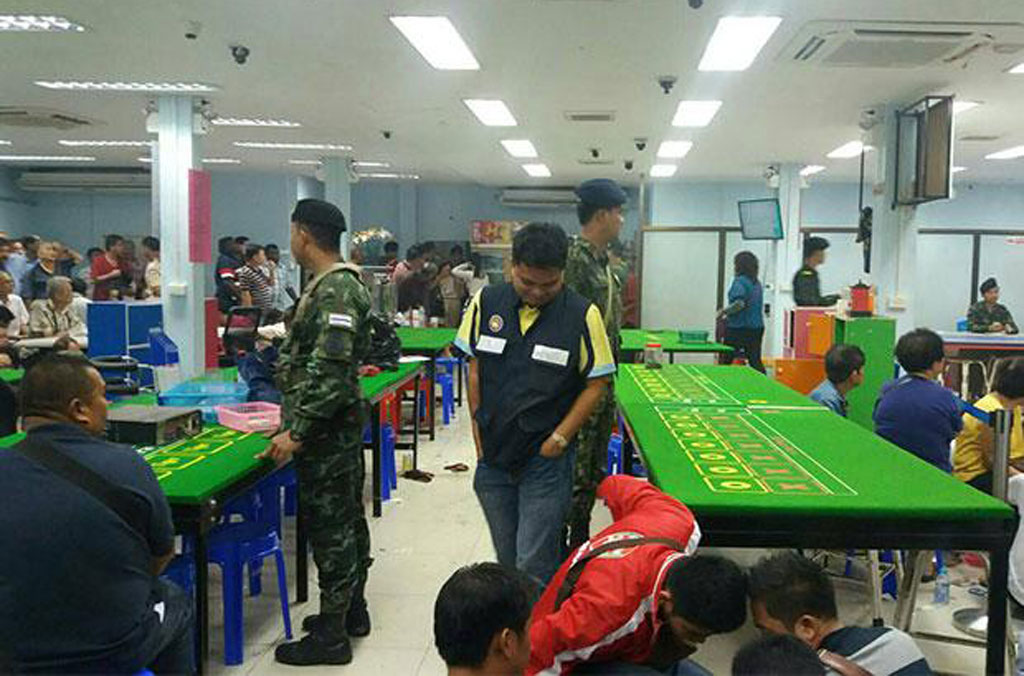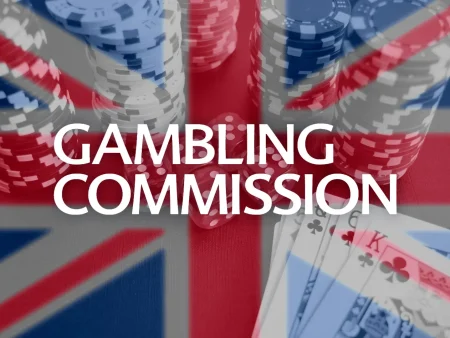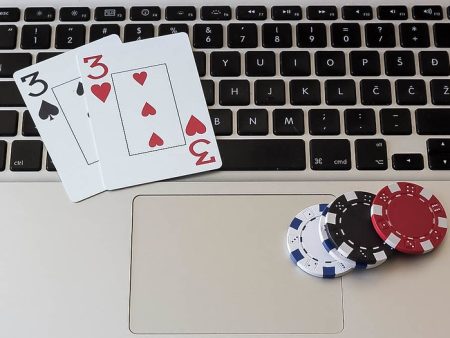Police from 28 countries have made 5,100 arrests in a massive Interpol-led international football gambling crackdown.

The operation, code-named Operation SOGA X, resulted in authorities confiscating $59 million in criminal proceeds worldwide.
The operation took place between June and July of this year. It aimed to discuss illegal online football gambling during the UEFA European Football Championship.
Stephen Kavanagh, Interpol’s Executive Director of Police Services, stated that organized crime networks profit immensely from illegal gambling. He noted that this illegal activity is often intertwined with corruption, human trafficking, and money laundering.
Kavanagh emphasized that the success of Operation SOGA X relied on global information sharing. He also highlighted the substantial efforts of law enforcement authorities on the ground.
Investigations related to Operation SOGA X also uncovered money laundering syndicates and rescued trafficked workers. Additionally, authorities shut down tens of thousands of illegal websites.
Interpol highlighted a significant case in the Philippines, where authorities liberated over 650 human trafficking victims from a location used for online gambling and scam operations.
This could have been the August POGO raid in Pasay City’s Rivendell Gaming Corp offices even if the international police organization did not specify.
Together with a row involving a small town mayor accused of being a Chinese secret agent, news of horrific scenes in raided POGOs led to the government announcing a blanket ban on the offshore gambling platforms.
According to Interpol, the Operational Support Team assisted Philippine authorities on the ground. They shared their expertise in extracting and analyzing forensic evidence from confiscated devices.
Another important aspect of the clampdown involved combating large-scale illegal betting sites and complex financial crime schemes.
One example from from Vietnam saw the authorities dismantle a sophisticated gambling ring generating $800,000 in daily transactions.
The syndicated, powered servers in various countries, used network of bank accounts and e-wallets to receive illegal gambling bets and distribute payouts.


